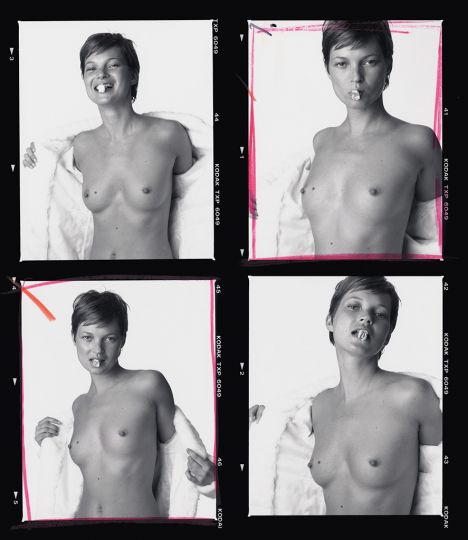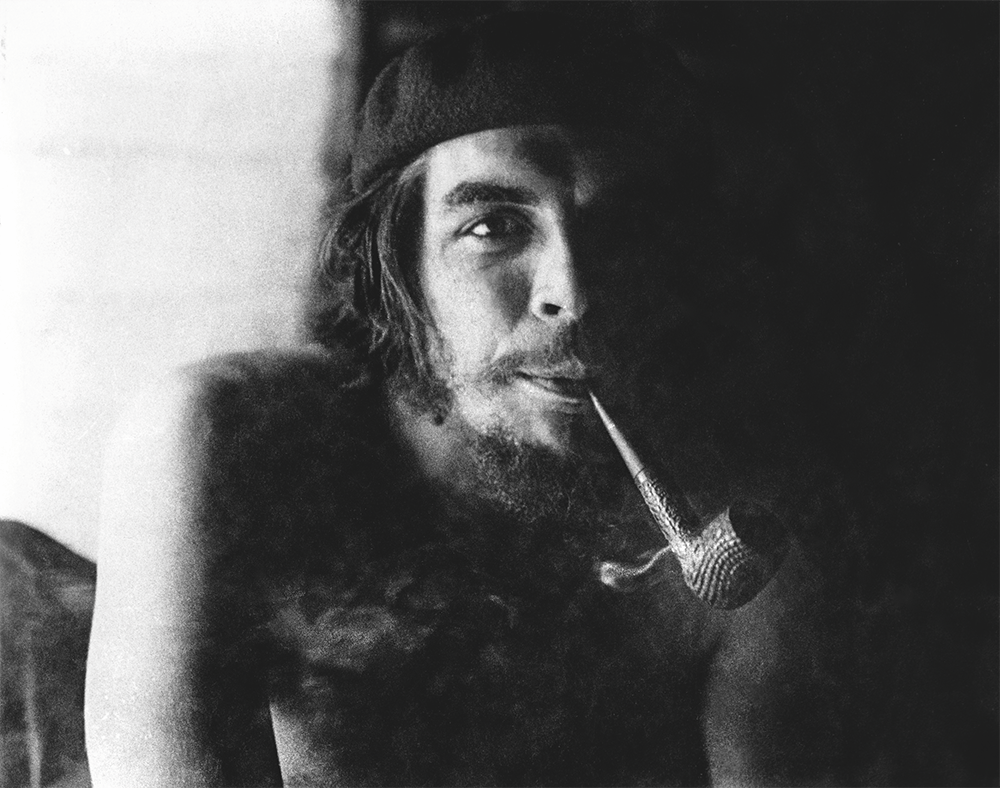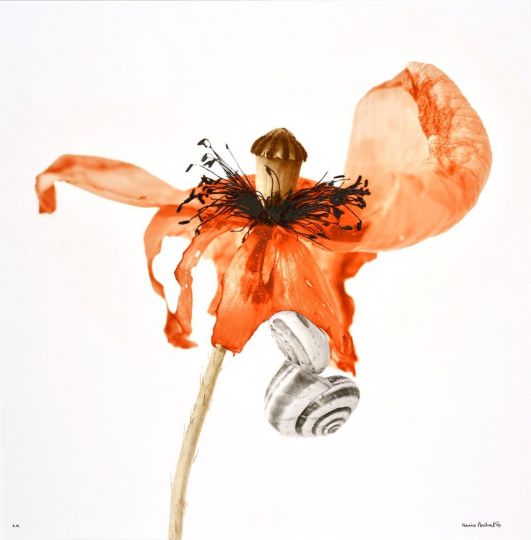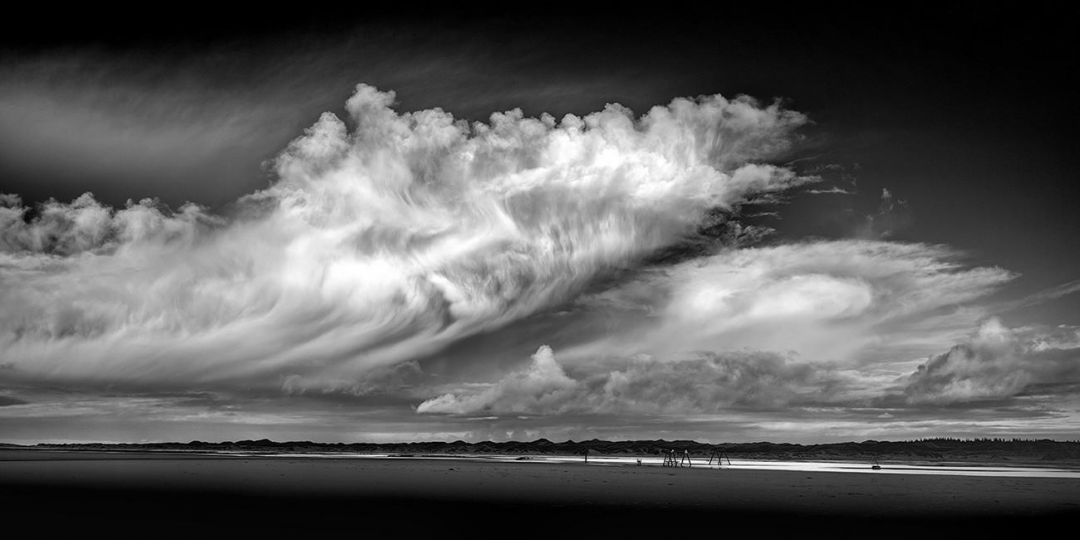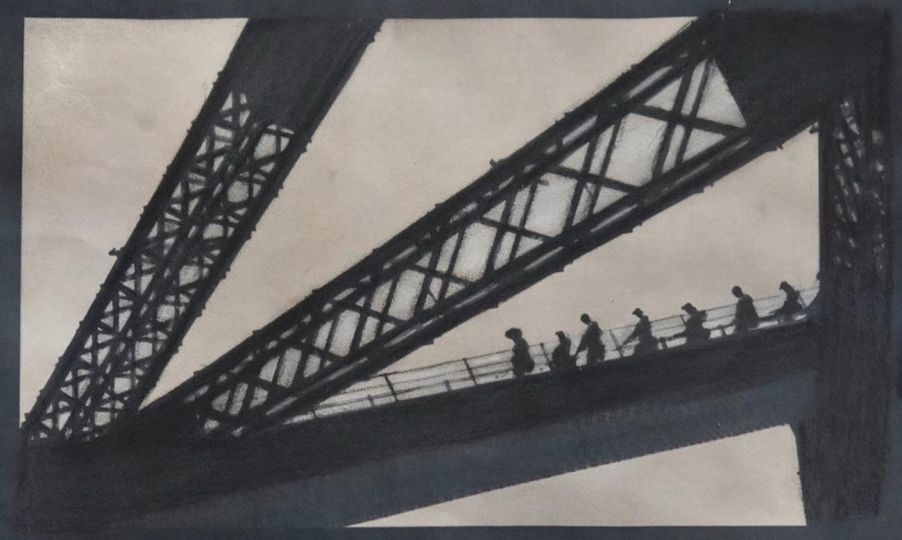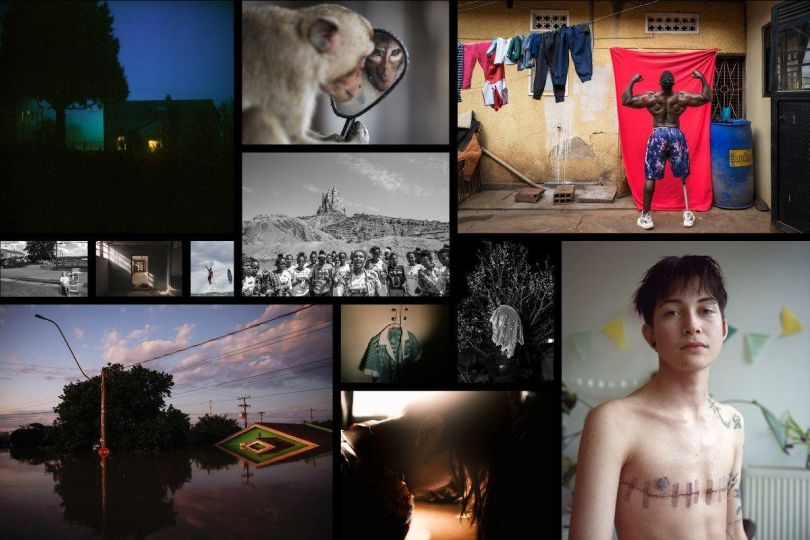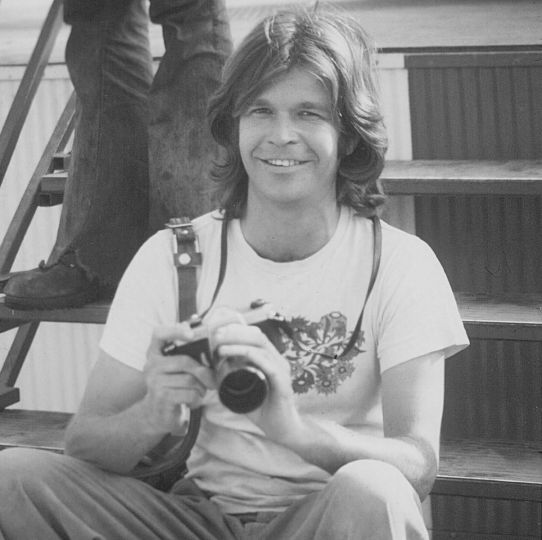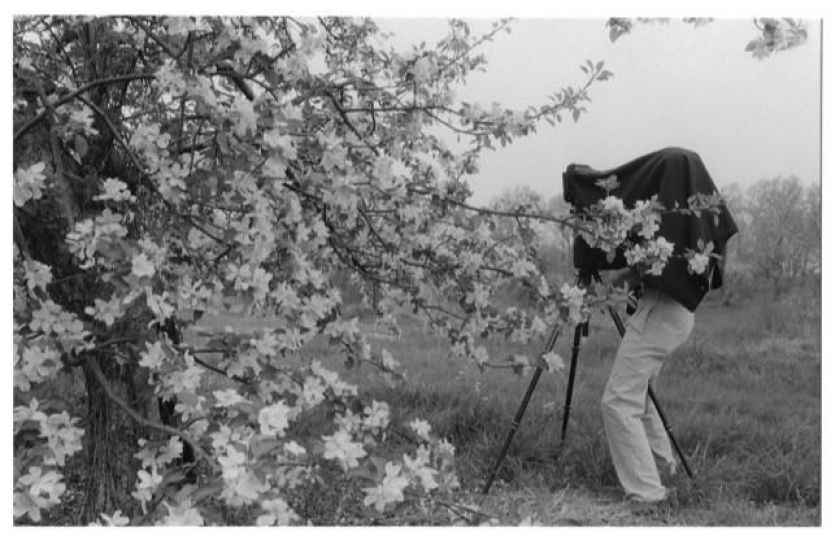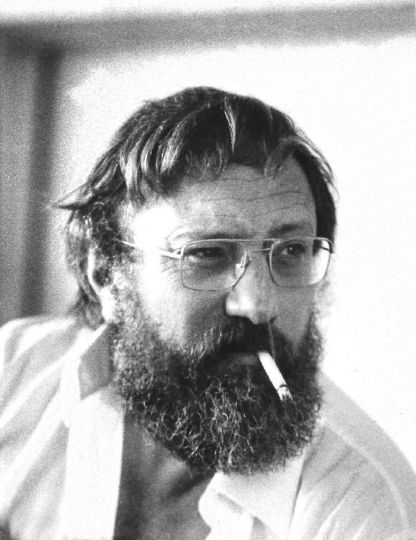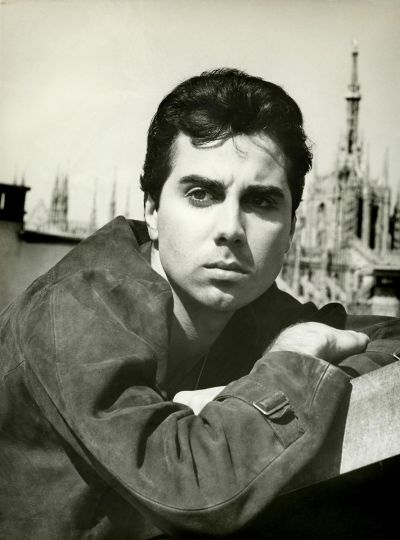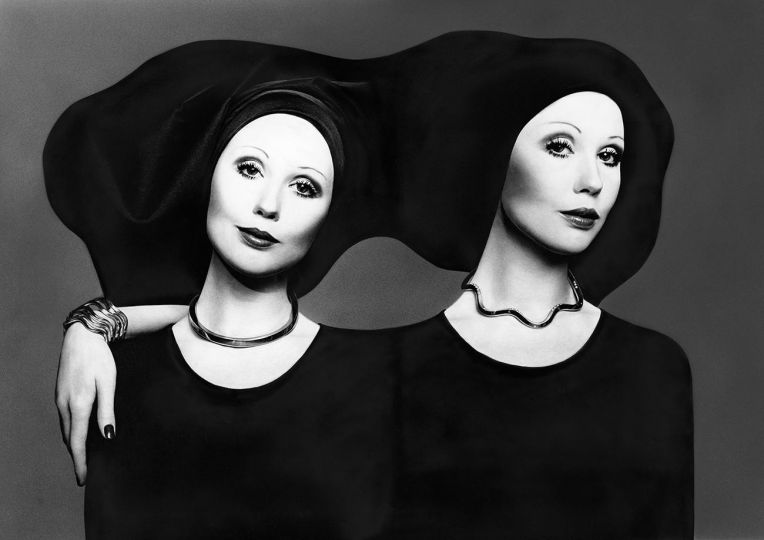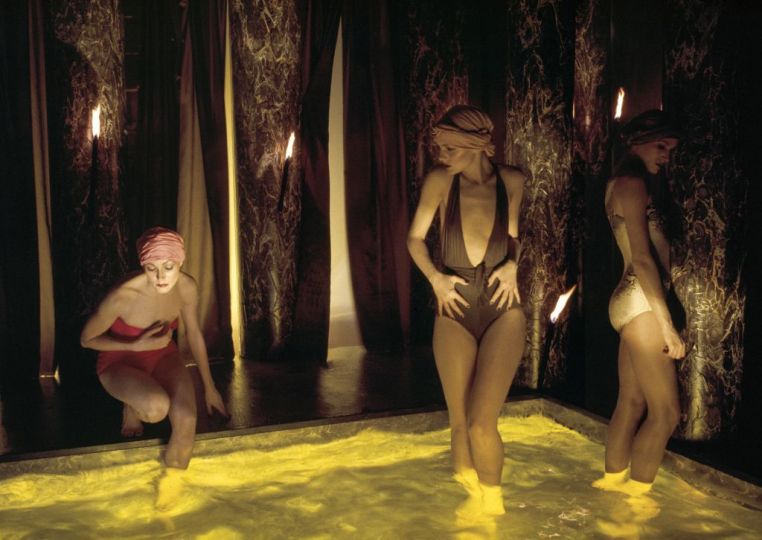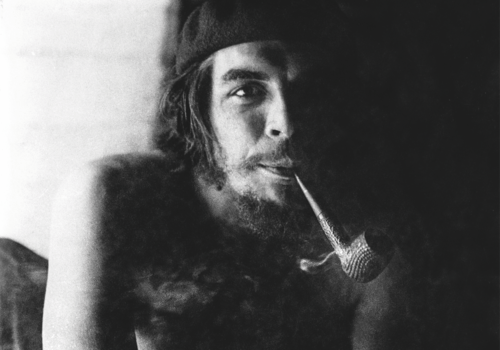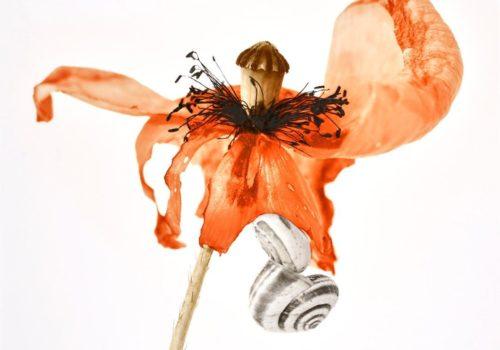Bert Stern died on June 25 at 83 years old in his home in Manhattan. We publish the obituary published yesterday in the New York Times written by Paul Vitello.
Bert Stern, an elite commercial photographer who helped redefine advertising and fashion art in the 1950s and ’60s but is perhaps best known for his painfully raw and poignant photos of Marilyn Monroe, taken for Vogue six weeks before her death, died on Tuesday at his home in Manhattan. He was 83.
His death was confirmed by Shannah Laumeister, a longtime friend, who said she and Mr. Stern had been secretly married since 2009. No cause was given.
Mr. Stern’s half-century career had multiple peaks, including “Jazz on a Summer’s Day,” his 1959 documentary film about the 1958 Newport Jazz Festival, which was selected in 1999 for the National Film Registry in recognition of its historical significance.
His photographs of Monroe, taken over three days in June 1962 in the Hotel Bel-Air in Los Angeles, were collected in a mammoth 2000 book, “Marilyn Monroe: The Complete Last Sitting.”
“It was a one-time-in-a-lifetime experience, to have Marilyn Monroe in a hotel room,” Mr. Stern said in the 2010 documentary “Bert Stern: Original Madman,” “even though it was turned into a studio, where I could do anything I wanted.” Ms. Laumeister directed the film.
Many of the photos showed Monroe unclothed, or posing behind transparent scarves. “She was so beautiful at that time,” Mr. Stern told Newsday. “I didn’t say, ‘Pose nude.’ It was more one thing leading to another: You take clothes off and off and off and off and off. She thought for a while. I’d say something and the pose just led to itself.”
Early in his career Mr. Stern made his mark with a 1955 close-up of a martini in the Egyptian desert, pyramid shimmering in the background. The picture, which he shot on location with a crew of technicians and models for a Smirnoff vodka advertisement, was considered groundbreaking in its simplicity.
Along with Irving Penn, Richard Avedon and Mark Shaw, Mr. Stern was part of a generation of photographers who made clear, clutter-free, arresting images the language of glossy magazine advertising, which until then had mainly used pictures to illustrate text.
In the program notes for a 1988 Manhattan gallery exhibition, Robert Sobieszek, the curator of what is now the International Museum of Photography and Film at the George Eastman House, called Mr. Stern’s martini photograph “the most influential break with traditional advertising photography” of its time.
In a statement considered provocative in its day, Mr. Stern told a panel of commercial artists in 1959, “I like to put my feelings into my photographs.”
That same year he received an assignment that took some effort to connect with his feelings: the makers of Spam asked him to “romanticize shish kebab made from Spam,” he told The New York Times. Mr. Stern took a crew of helpers and models to the Gulf of Mexico to shoot that one — a dreamy shot of that meat product. The client was pleased.
Bert Stern was born in Brooklyn on Oct. 3, 1929. In a 1968 interview with Newsday, he said his father was a children’s portrait photographer. After dropping out of high school in his senior year, he served in the Army, working as a photographer on a base in Japan.
That experience helped him land a job in the mailroom at Look magazine, where he became a protégé of Hershel Bramson, the art director, who would later give him his first job as a commercial photographer. The Smirnoff campaign was his first assignment.
Soon he was sought after by magazines, advertisers, Hollywood studios and fashion designers, and his range of subjects grew to include celebrities, movie stars and commercial products — Audrey Hepburn, Gary Cooper, Truman Capote, Twiggy, Elizabeth Taylor, Noxema skin cream, One a Day vitamins, Wish-Bone salad dressing and, of course, Marilyn Monroe.
In addition to Ms. Laumeister, Mr. Stern is survived by two daughters, Trista and Susannah; a son, Bret; a sister, Diane Schlanger; and three grandchildren. His marriage to the dancer Allegra Kent, the mother of his children, ended in divorce in 1975.
Mr. Stern’s work is in many museum collections, including those of the Museum of Modern Art and the Fashion Institute of Technology in New York, and the International Museum of Photography and Film in Rochester, N.Y..
In various interviews Mr. Stern said taking pictures had always been his way of seeing people, and even of relating to them in ways he could not otherwise.
It was why his favorite subject was always professional models. “Models more than actresses,” he said. “What makes a great model is her need, her desire; and it’s exciting to photograph desire.”
Paul Vitello New York Times

